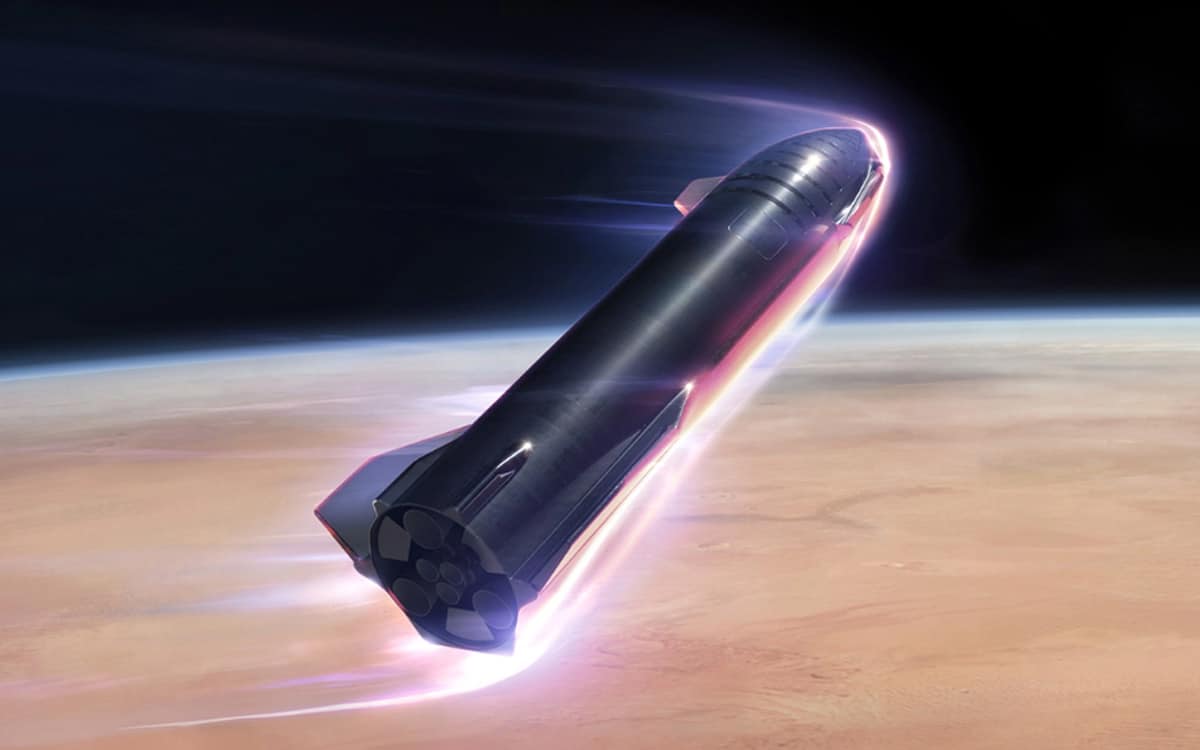The explosive launch of the Starship rocket on April 20 did not stop SpaceX in its quest for innovation. Far from being discouraged, the engineers are preparing hard for the second launch scheduled for this summer.
Elon Musk, president of SpaceX, presented on Twitter the many improvements to his aircraft. Although, according to its CEO, the April launch was rich in lessons, in the opinion of many observers, the explosion of Starship just four minutes after ignition, undoubtedly spread dangerous particles in the ‘air.
For the second Starship launch, the objective is therefore clear: the separation phase must go off without a hitch. According to Musk, “SpaceX plans to change the launch sequence to increase the chance of separation of the first and second stages of the rocket. Indeed, once Starship is launched, it carries both the fuel and the engines that will allow it to propel itself into space once in orbit. That said, it is essential to lighten the load of the rocket during its ascent, by relieving unnecessary stages.
SpaceX improved Starship by no less than 1000 points for its 2nd launch
After the April 20 launch, the thrust of the world’s largest rocket was so powerful that it caused major damage to the surrounding nature. To remedy this, the engineers decided to reinforce the steel plate under the launch pad of the mega-rocket on the one hand, and on the other hand, to improve the engines of Starship. In total, according to Elon Musk, no less than a thousand changes have been made to the rocket so that the second test flight takes place in the best conditions.
The success of the Starship program is essential for the future of the company. In addition to helping to set up the constellation of Starlink satellites, which allows Internet access even in the most remote areas of the planet, it should, in the medium term, carry the first astronauts on the Moon since 1972 during NASA’s Artemis mission and, in the longer term, hosting the first manned missions to Mars.
Source: CBS News
